
Finance Minister, Dr. Cassiel Ato Forson, has described the energy sector as the biggest economic threat currently facing the country.
Speaking during a deep-dive session on the Ghana Energy Compact under Mission 300 at the World Bank, he warned that the sector is grappling with a financial shortfall of approximately US$2 billion annually.
Dr. Forson stressed that the magnitude of the shortfall surpasses Ghana’s domestic capital expenditure and must be treated with urgency.
He said the crisis cannot be resolved through tariff adjustments alone, pointing instead to the need for comprehensive reforms across the entire energy value chain.
“The problem is not just tariffs. The inefficiencies, especially in the distribution sector, are being passed on to the ordinary Ghanaian, making electricity costs unnecessarily high,” the Minister stated.
He added that the Electricity Company of Ghana (ECG) could reduce the shortfall by half if it addresses these inefficiencies.
To address the challenges, he disclosed that Cabinet has approved private sector participation as part of government’s strategy to revive the sector.
Additionally, a Legislative Instrument (LI) has been submitted to Parliament to allow for competitive procurement of power generation services.
Dr. Forson described the Ghana Energy Compact as a timely intervention and called for its rapid implementation. “The compact has come at the right time. It will in the long run assist Ghana, and we are praying the process is not delayed,” he said.
He concluded with a strong appeal for urgency from all stakeholders. “Time is of the essence. We must act quickly if we are to prevent further damage to our economy and improve the lives of Ghanaians.”
….Govt submits legislative instrument to boost competitive power procurement
In a related development ,Dr Forson said Ghana has taken a key step toward reforming its energy sector by submitting a Legislative Instrument (LI) to Parliament that will enable competitive procurement of power generation services.
The move, according to Dr. Forson, is aimed at addressing longstanding inefficiencies and improving transparency and value for money in energy contracts. “We have submitted the LI to Parliament to ensure that all future procurement of power plants is done competitively,” he stated. “This is essential if we are serious about solving the deep-rooted challenges in the energy sector.”
The Minister emphasized that Ghana’s energy sector remains the biggest economic risk the country faces, with a current financial shortfall of about $2 billion. He noted that inefficiencies in the value chain, especially in the distribution sector, are driving up costs for ordinary Ghanaians.
“ECG alone could halve the shortfall if it fixes its inefficiencies. We cannot continue to pass these losses on to consumers,” he said.
Dr. Forson said the Legislative Instrument is a vital part of broader reforms and a signal of the government’s commitment to restructuring the sector.
He called for urgency in passing and implementing the LI, adding that the Energy Compact comes at a crucial time and must not be delayed.
“Time is of the essence,” he concluded.
The post Energy sector remains our biggest economic risk – Finance Minister appeared first on The Business & Financial Times.
Read Full Story
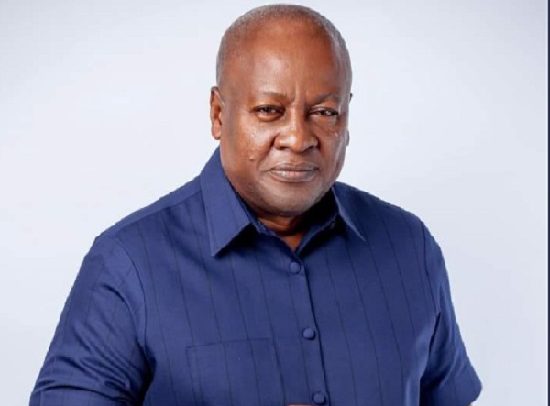
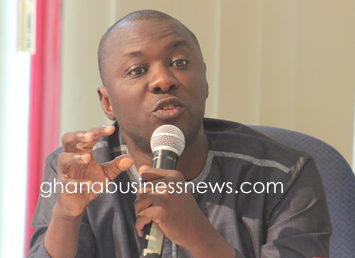

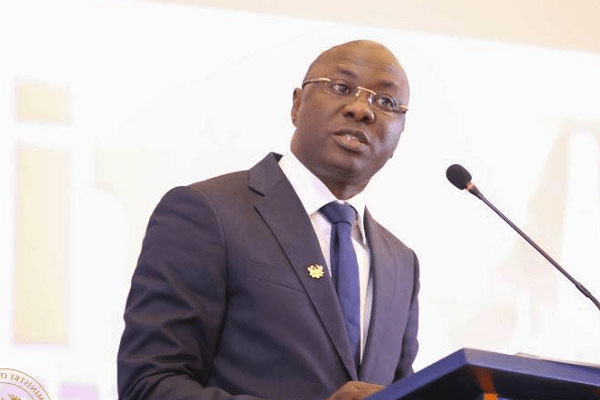






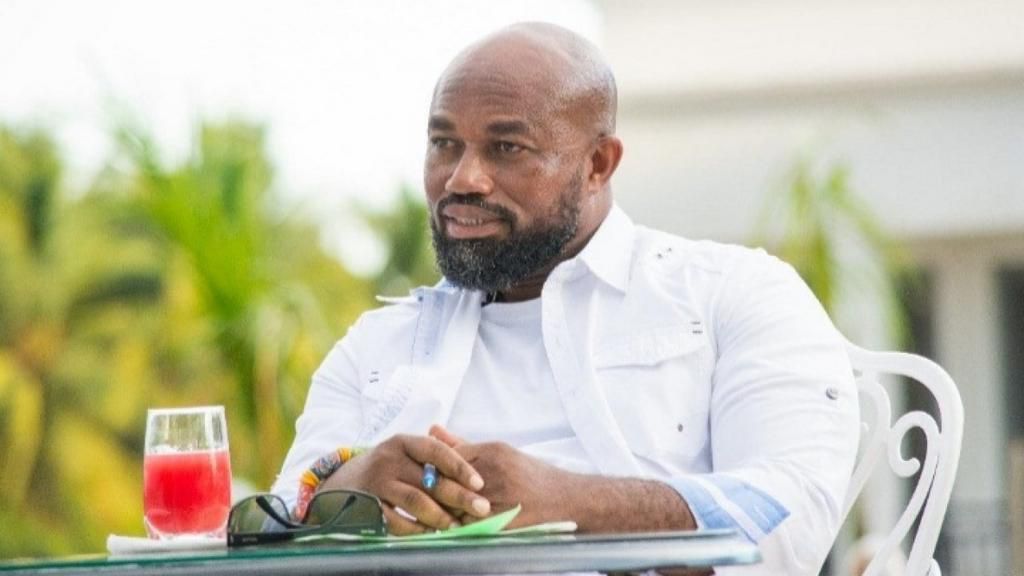






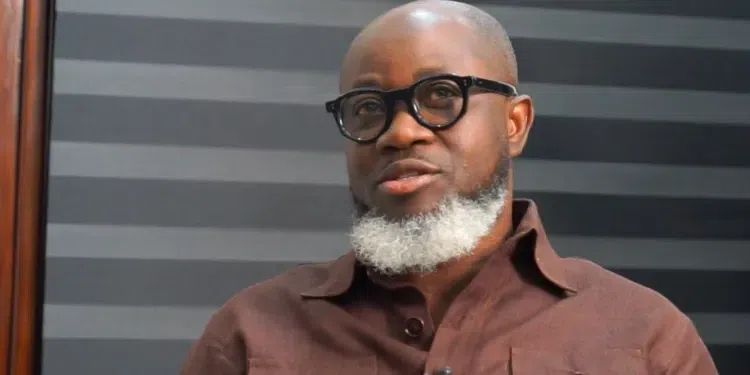

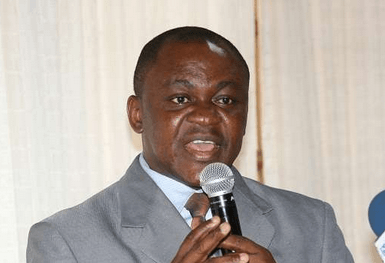
Facebook
Twitter
Pinterest
Instagram
Google+
YouTube
LinkedIn
RSS